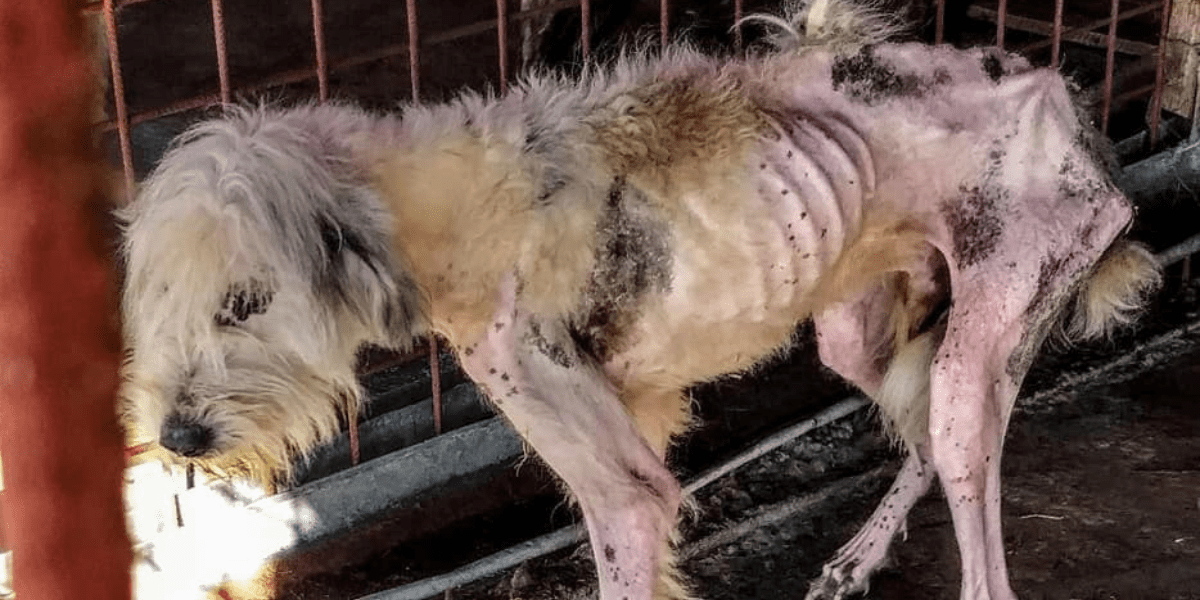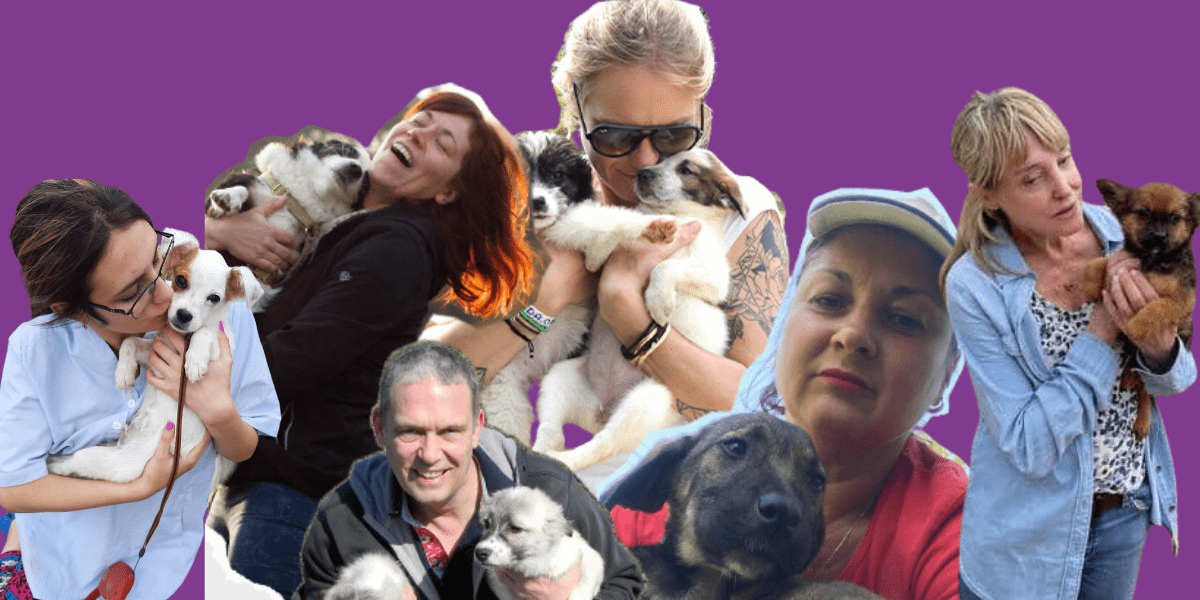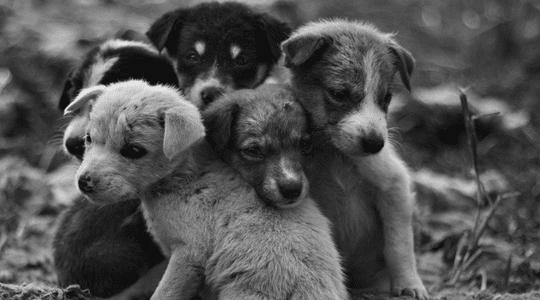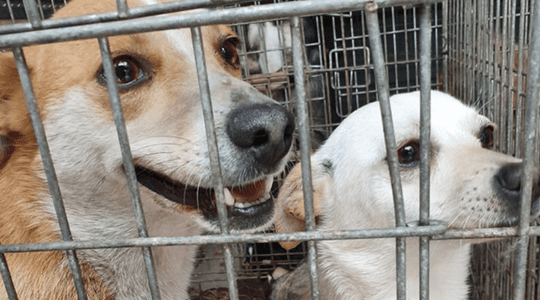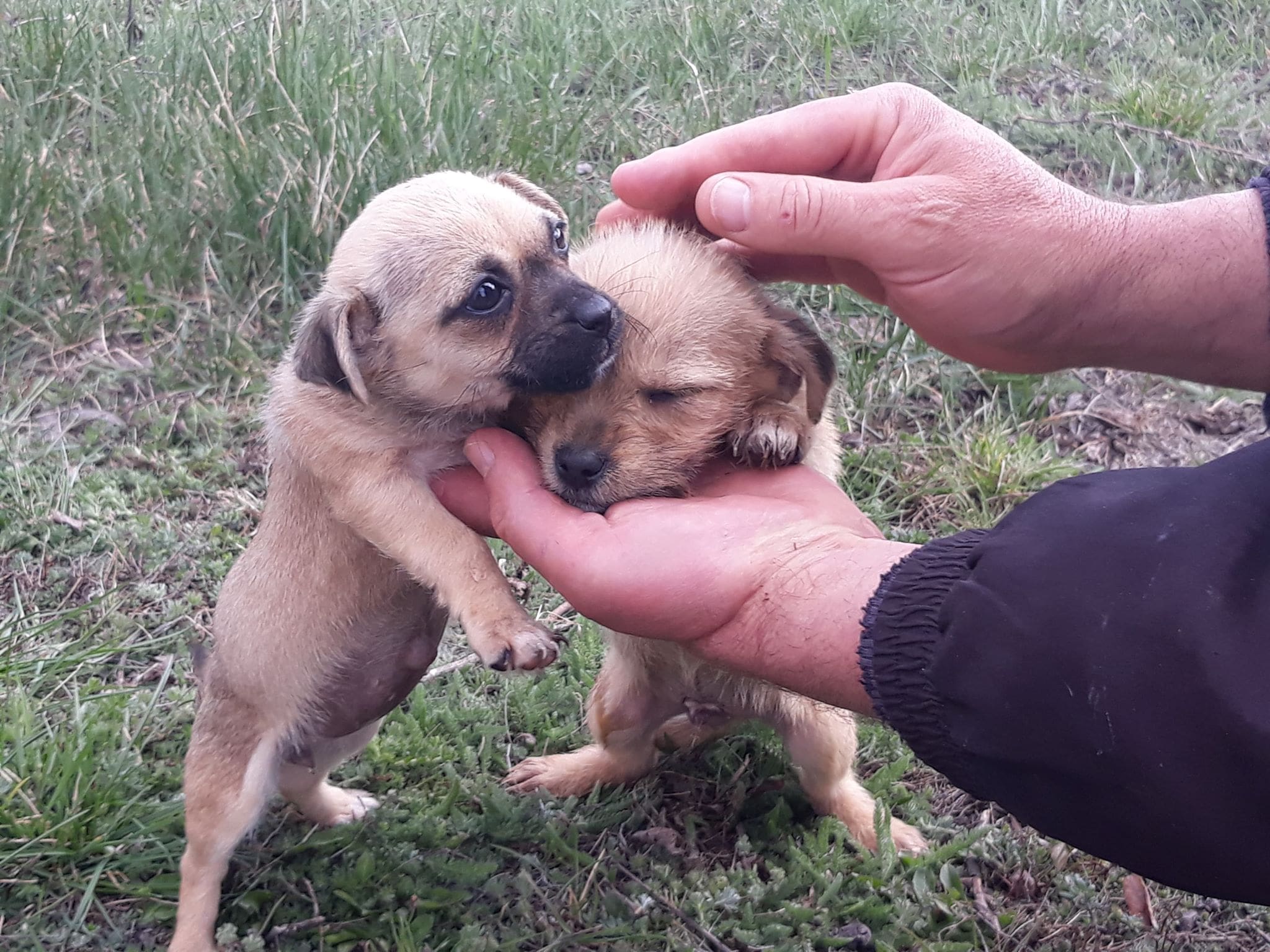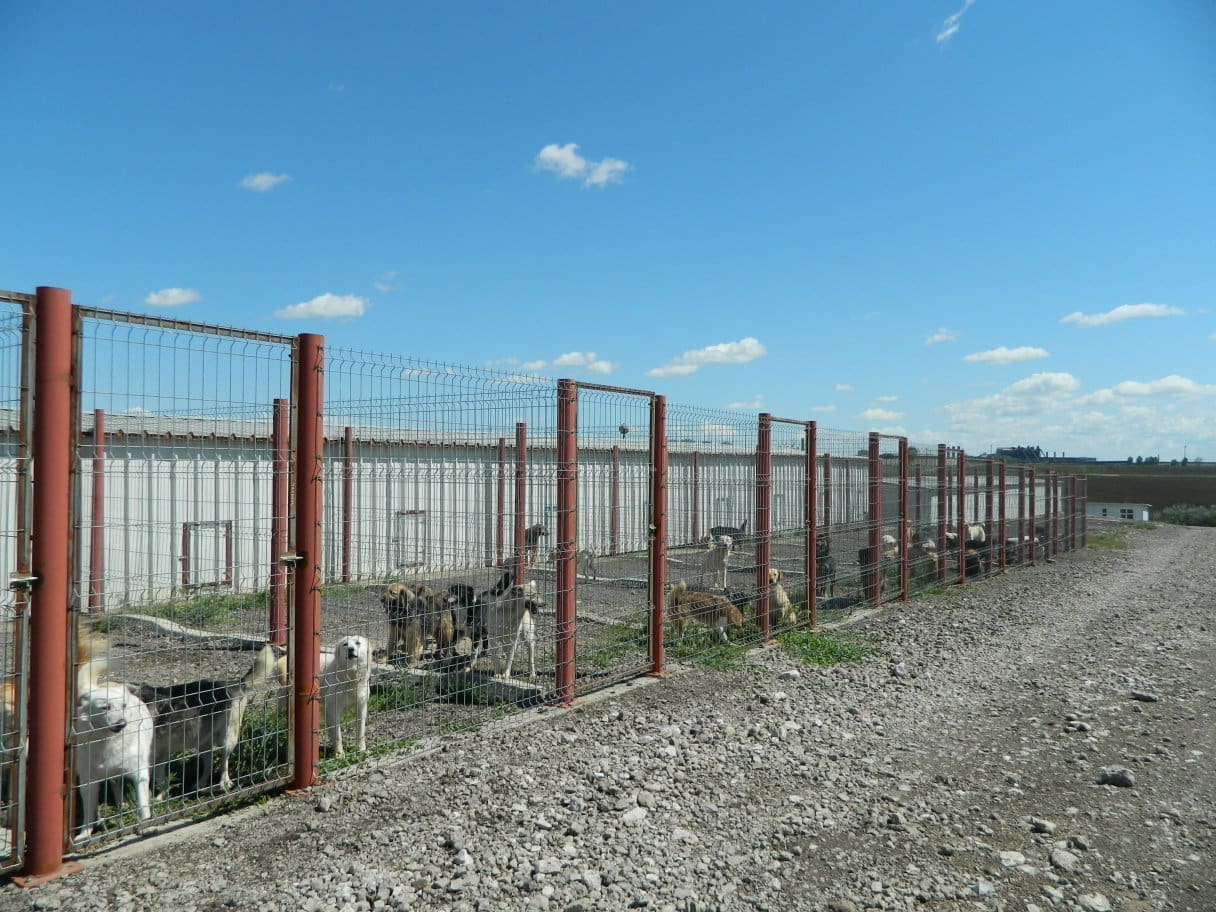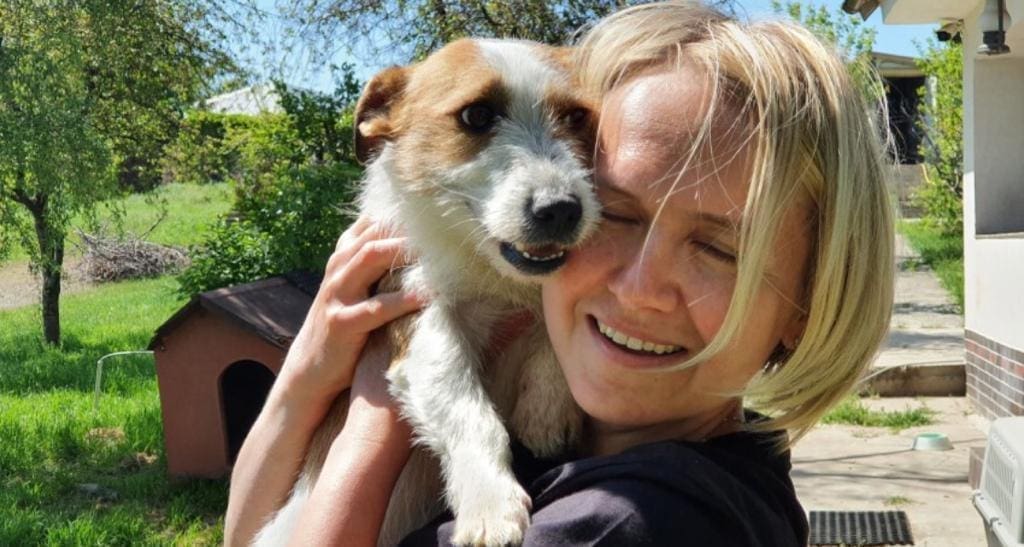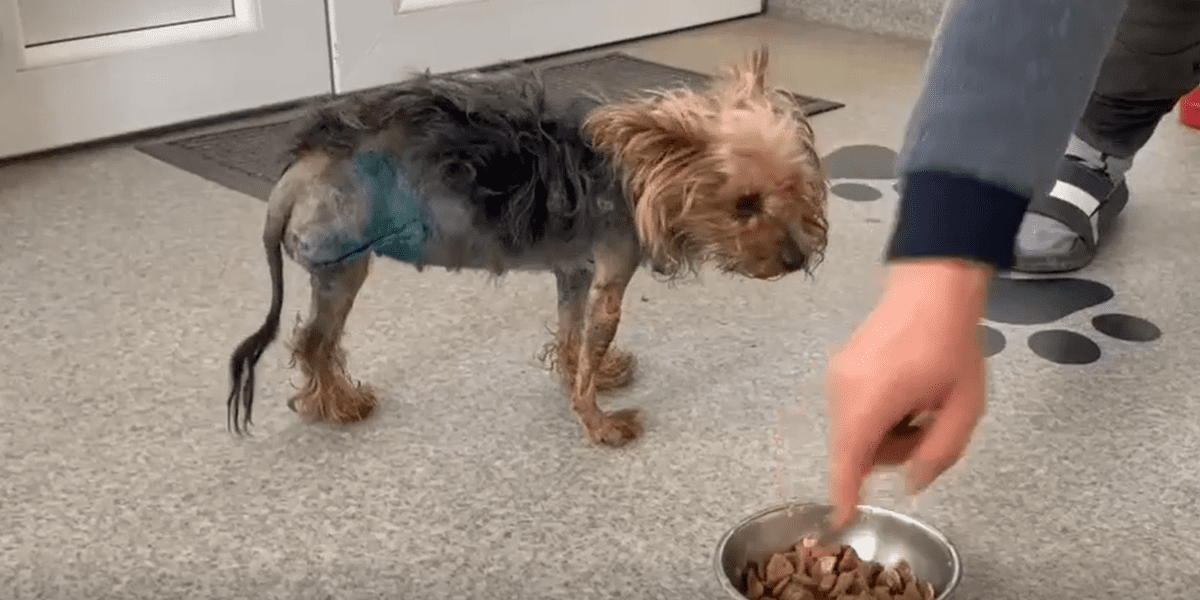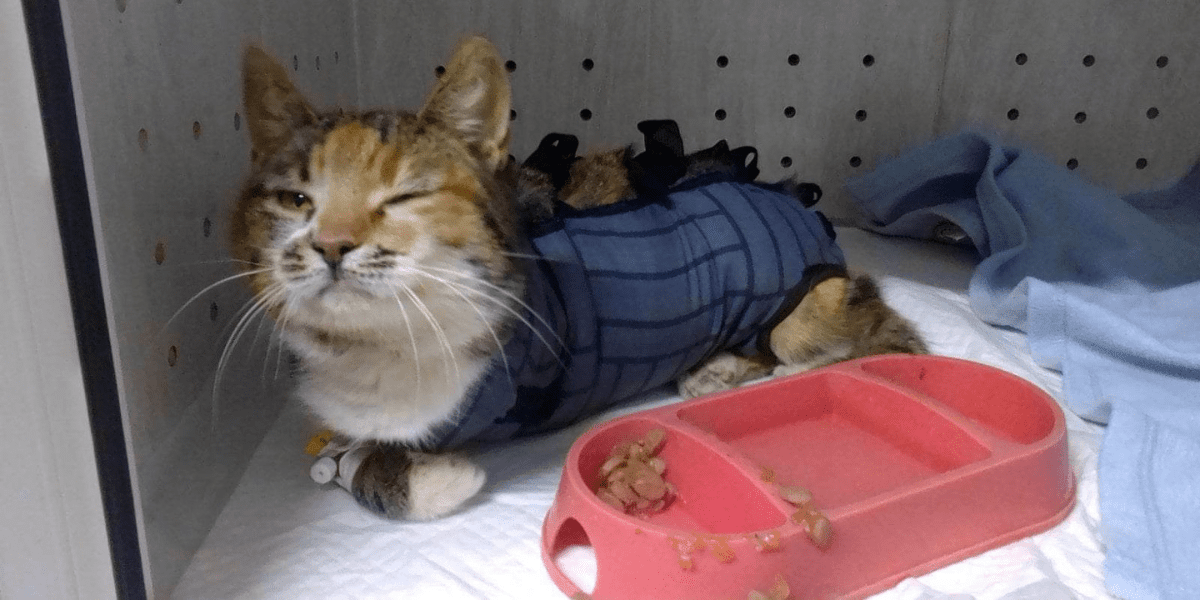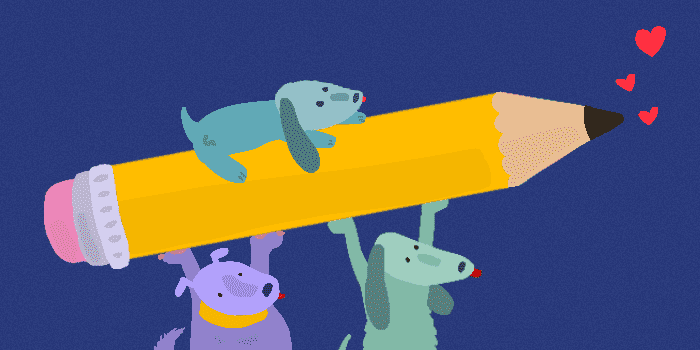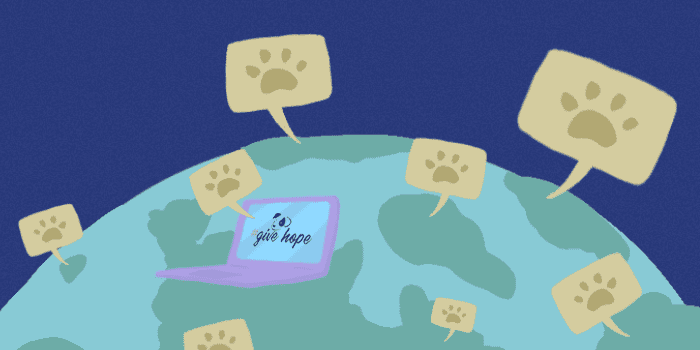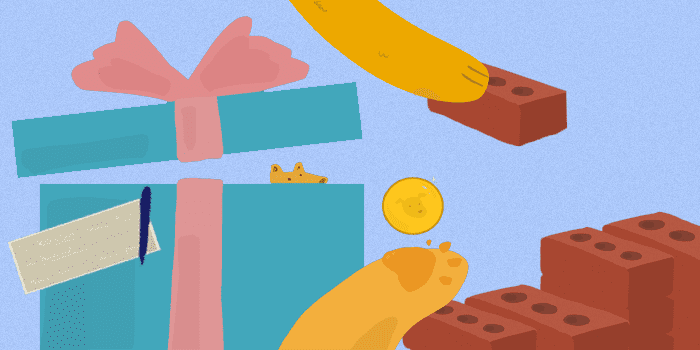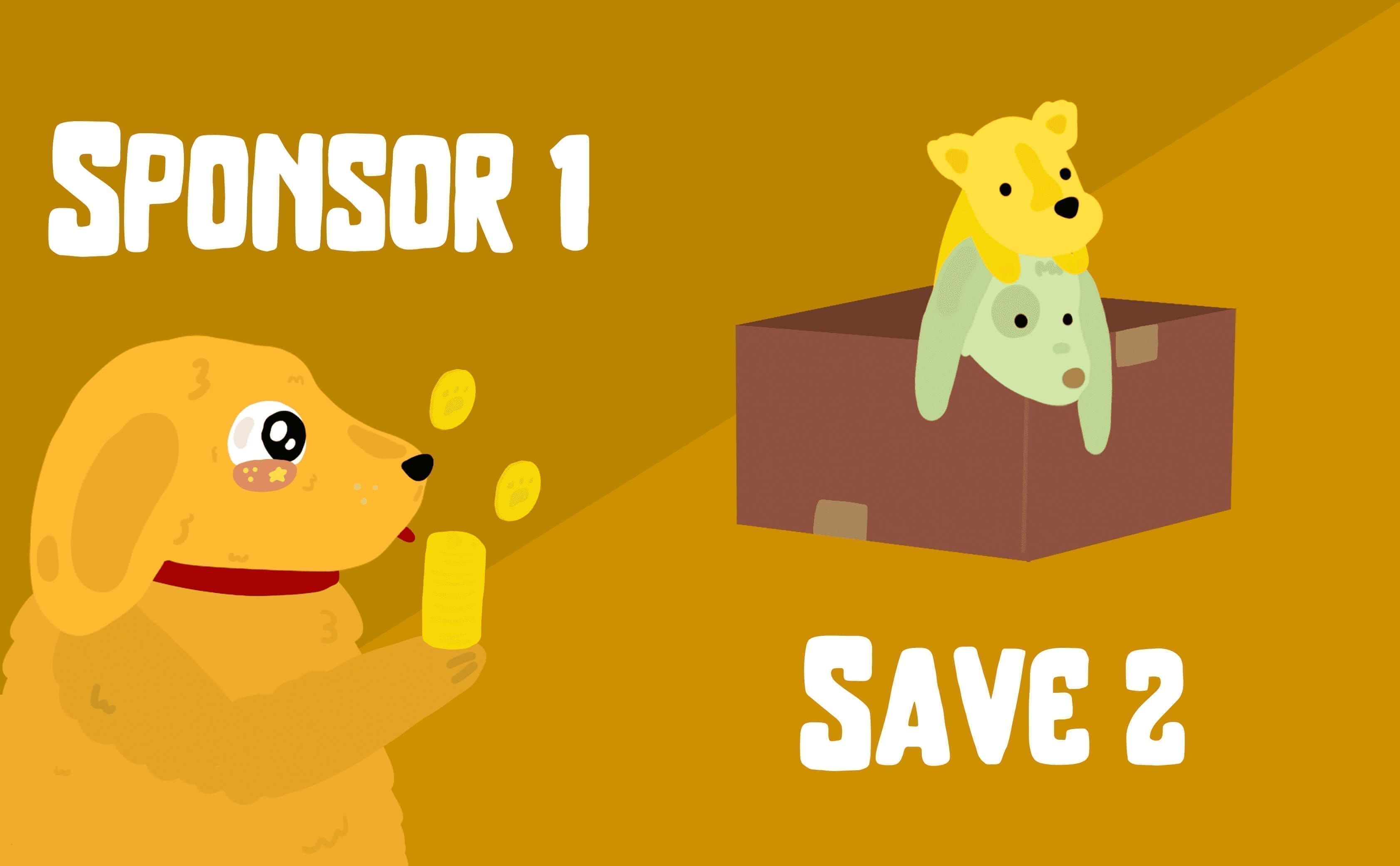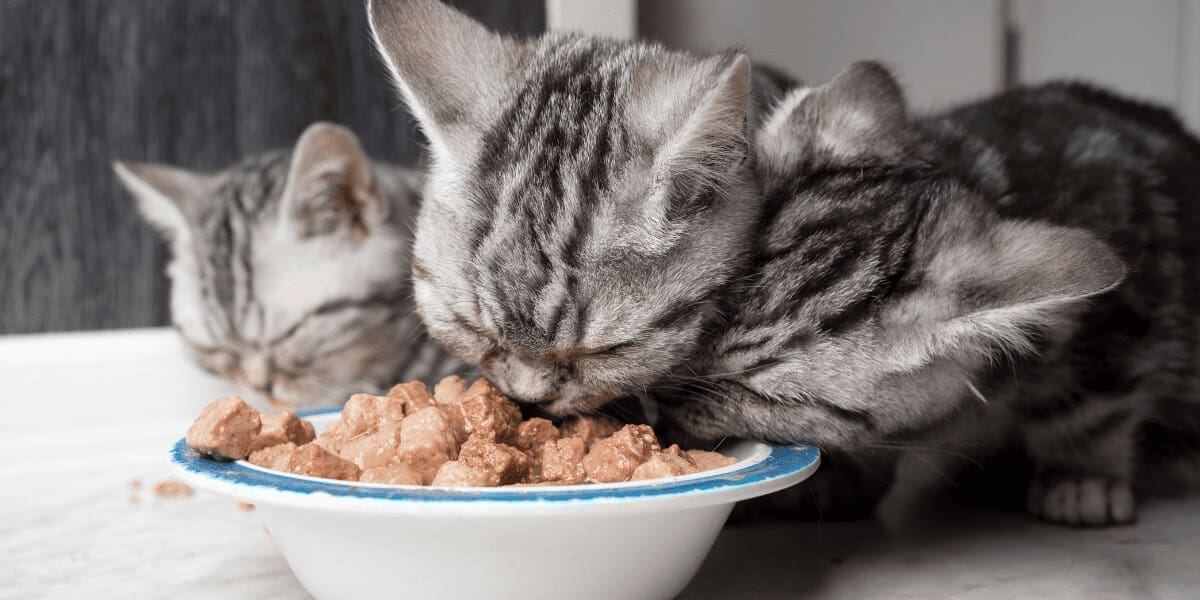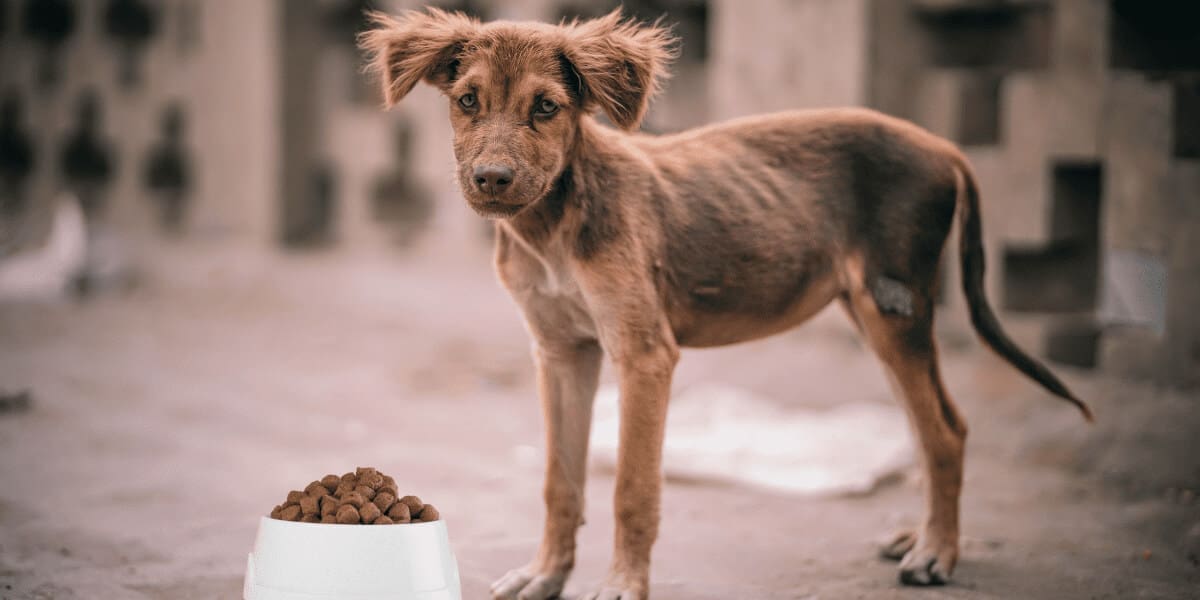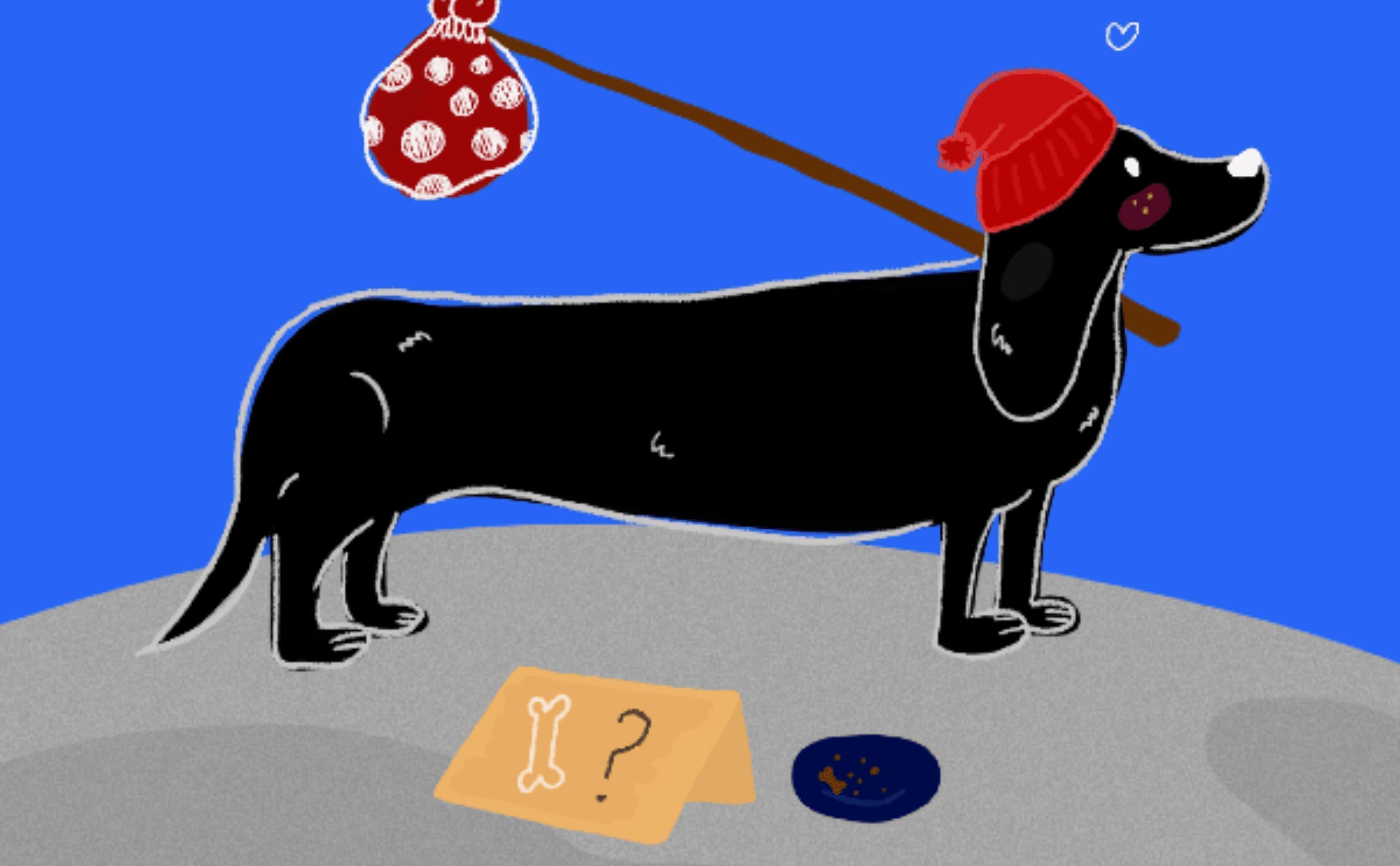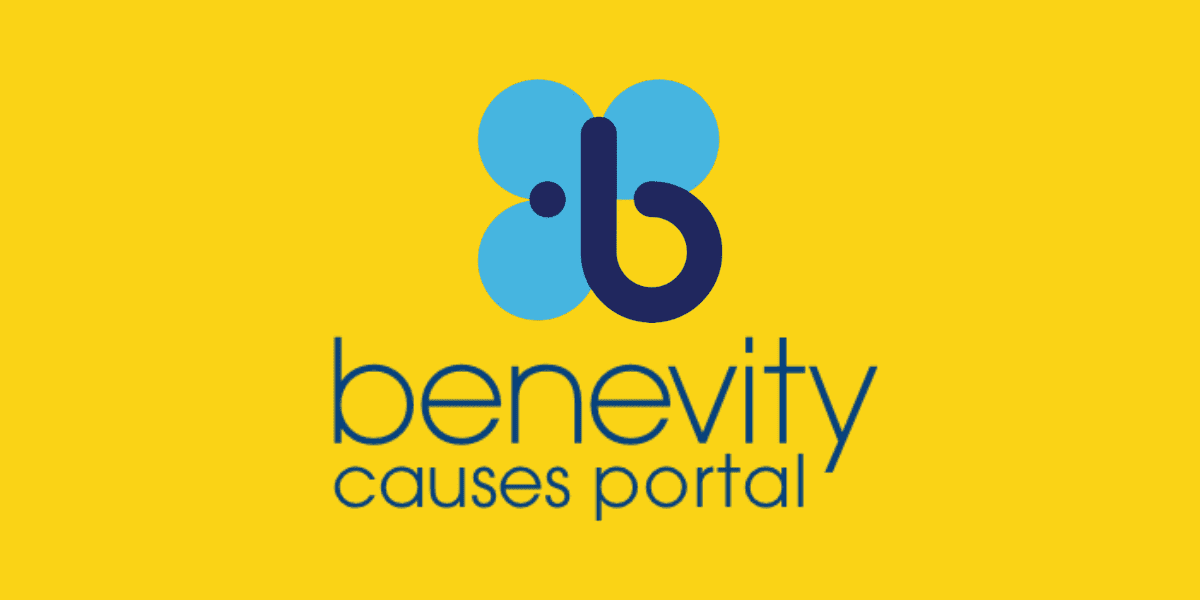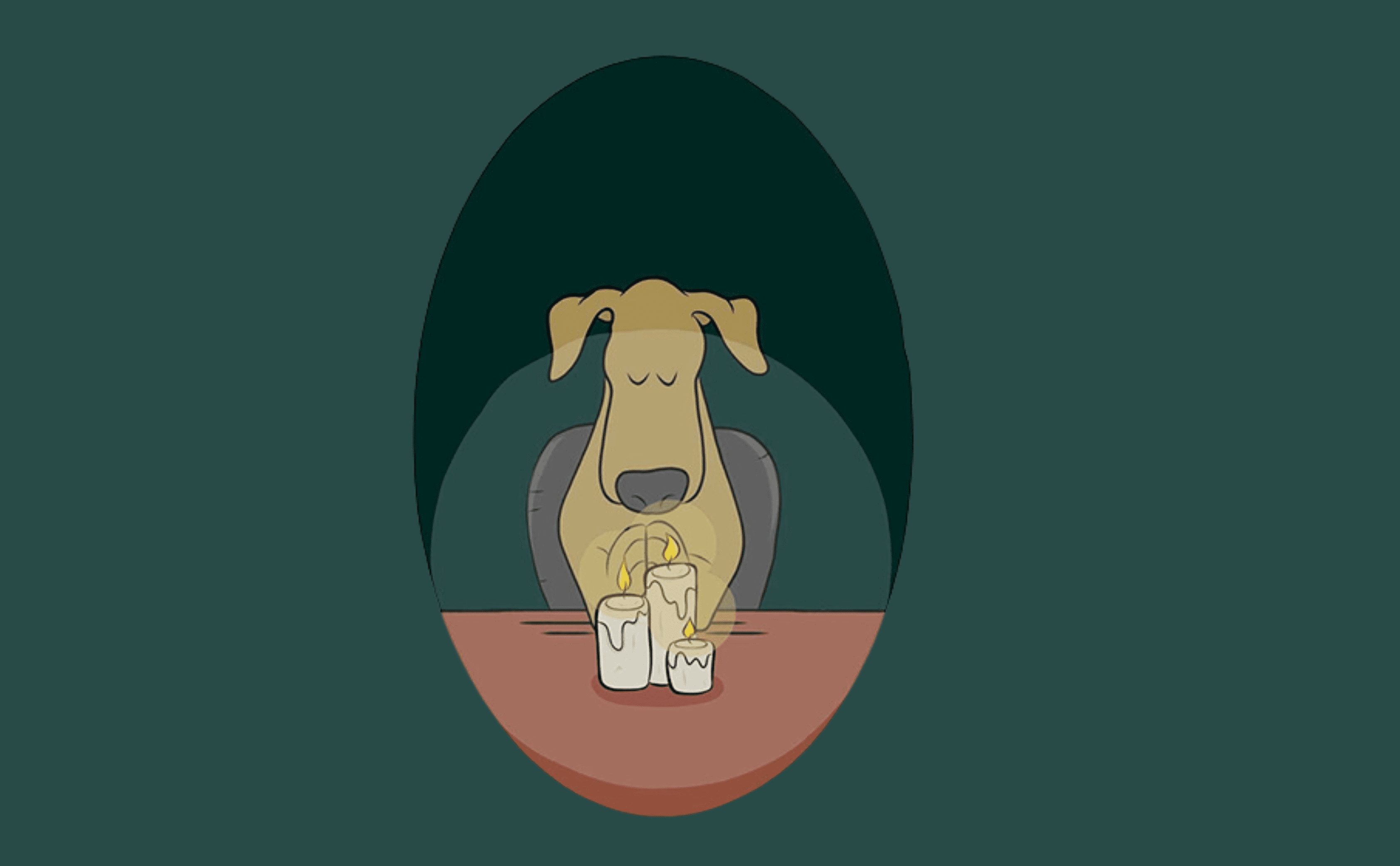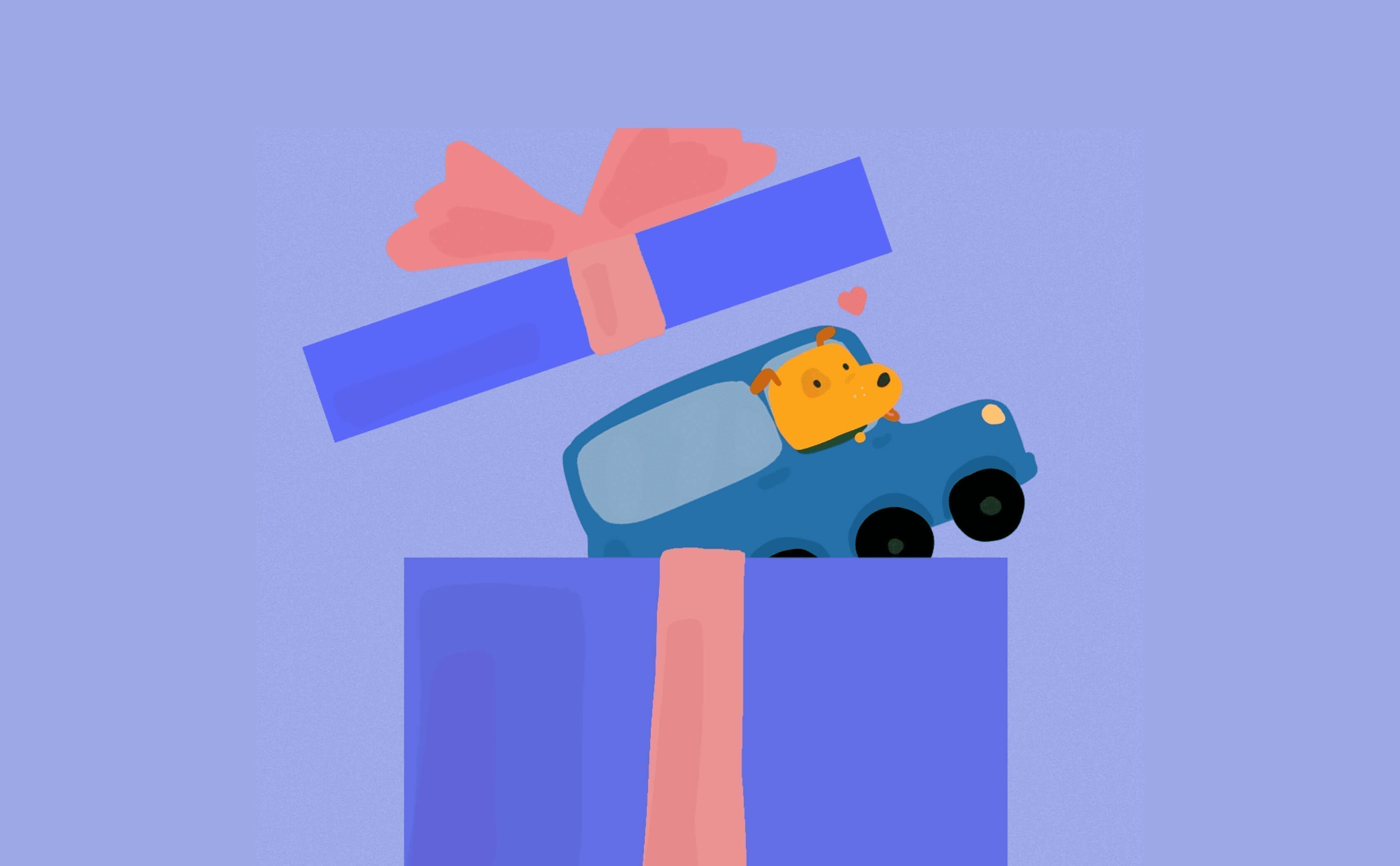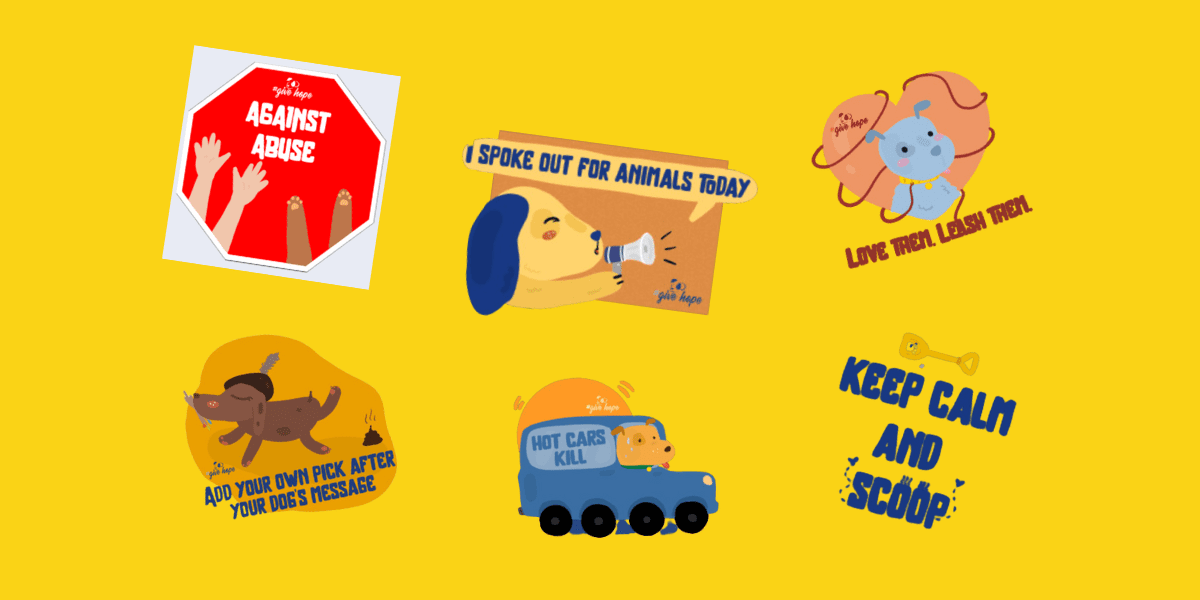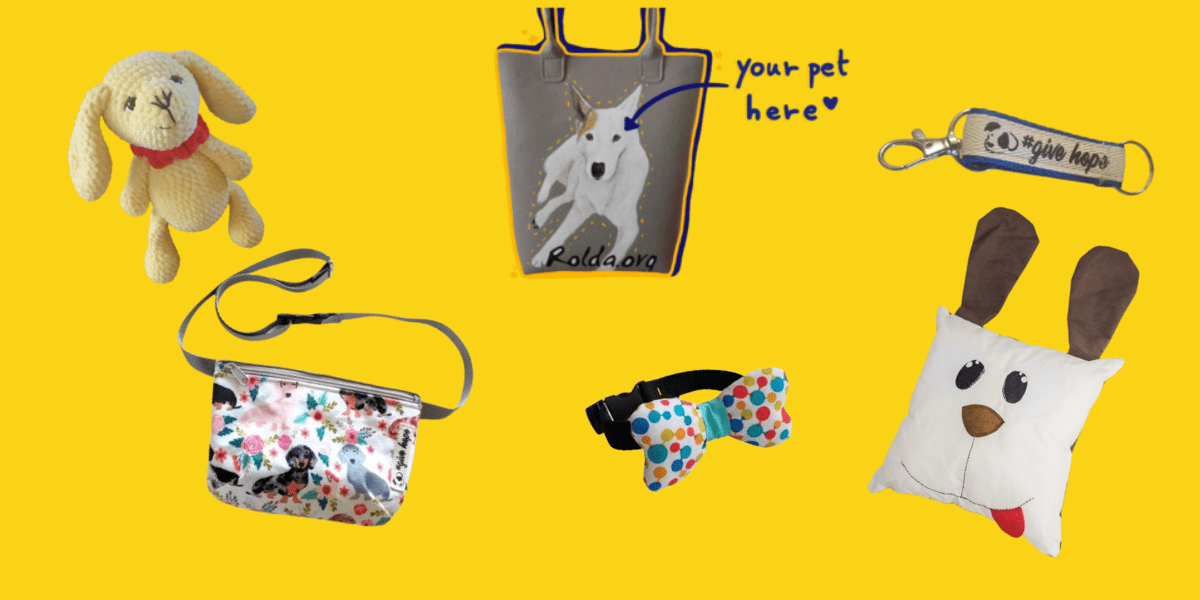Rescue category
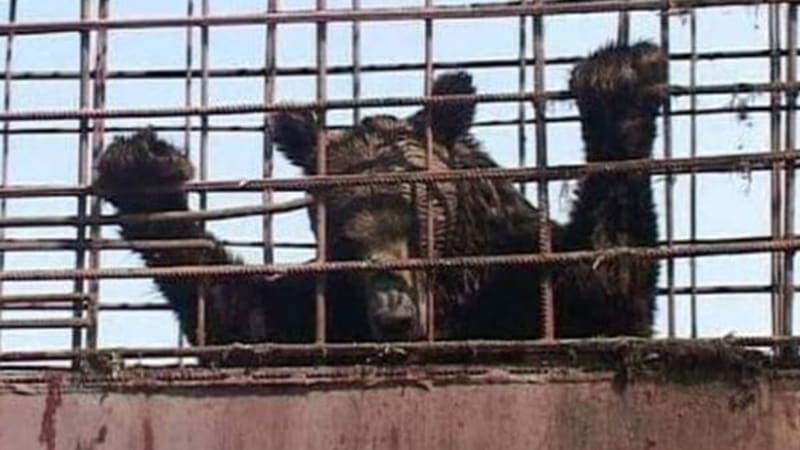
ROLDA fights against Wild Animals in captivity
People who exploit animals for profit, or any other reason, believe that humans have the right to use animals as they please. Animal exploitation is animal cruelty.
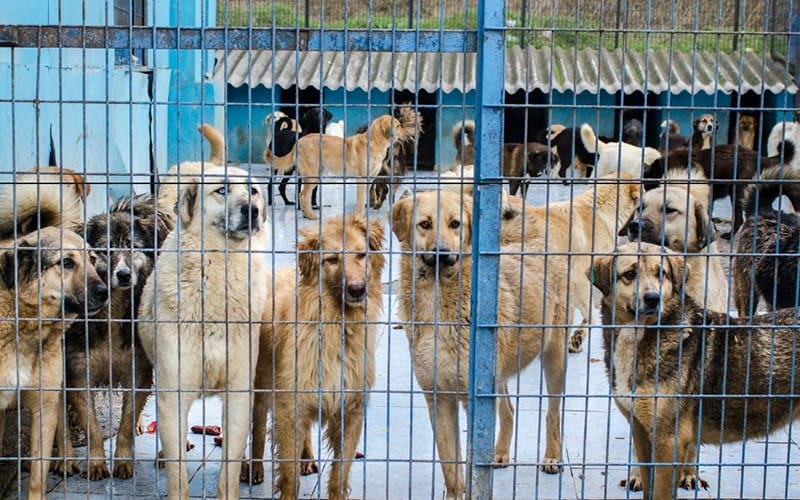
ROLDA fights against Illegal Live Animals Transport
The illegal animal trade is a billion-dollar business that only exists because there is a demand. If people did not demand animals—for food, medicine, trophies, clothing, and so forth—no one would bother to smuggle them.
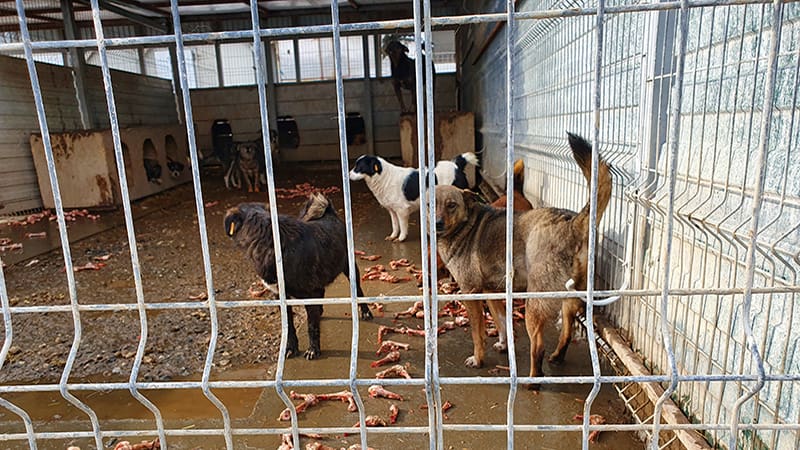
ROLDA fights against Illegal Shelters
Since 2013, public dog shelters in Romania have been allowed to euthanize dogs if they are not claimed or adopted in 14 days. However, the neglect and abuse these captured dogs suffer while incarcerated have been well documented, but nothing has been done to stop this atrocious behavior.
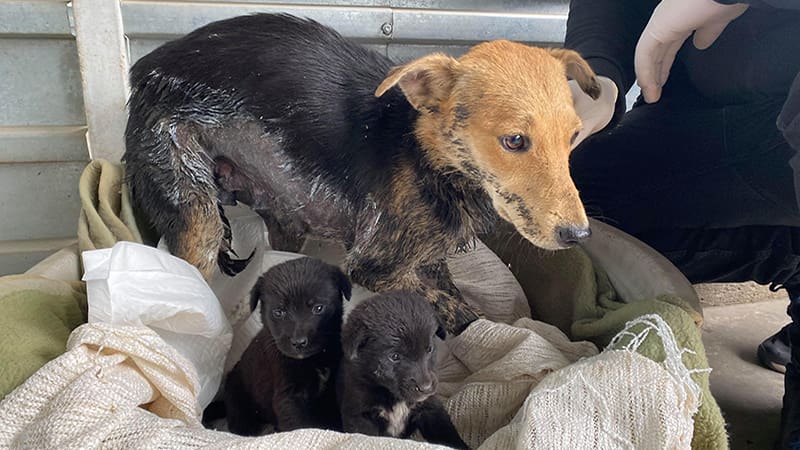
ROLDA fights against uncontrolled animal reproduction
Like most developing countries, Romania has an overwhelming stray animal population. Sadly, stray dogs and cats are viewed as public nuisances and are poorly treated.
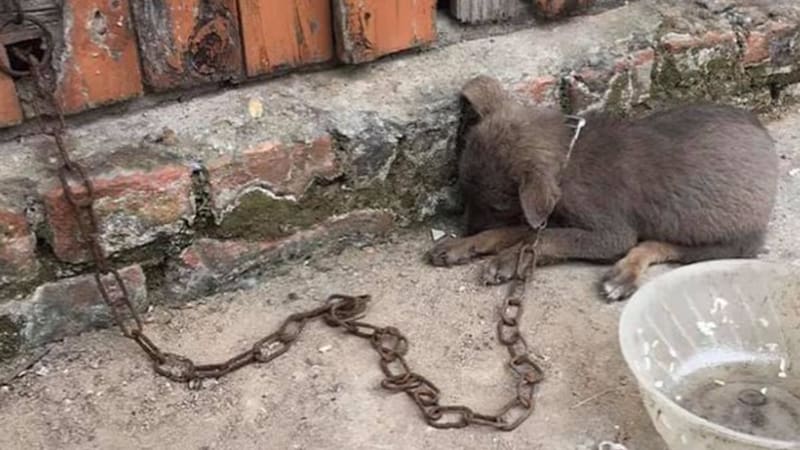
ROLDA fights against animal cruelty
Sadly, our society continues to accept and condone animal cruelty through indifference and ignorance. Despite the numerous animal welfare organizations that exist today, animal cruelty remains a severe issue because it is a systemic problem in many cultures.
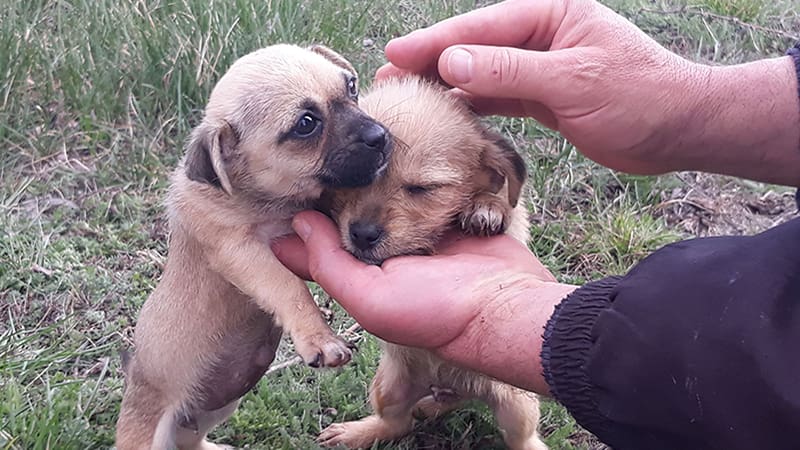
ROLDA Fights against Animal Abandonment
Abandoning an animal is a decision that is always traumatic to the pet and sometimes to the owner. In most cases, pet abandonment is avoidable. There are many excuses said by pet owners who abandon their pets, the most common being the animal’s age, health, size, and behavior.
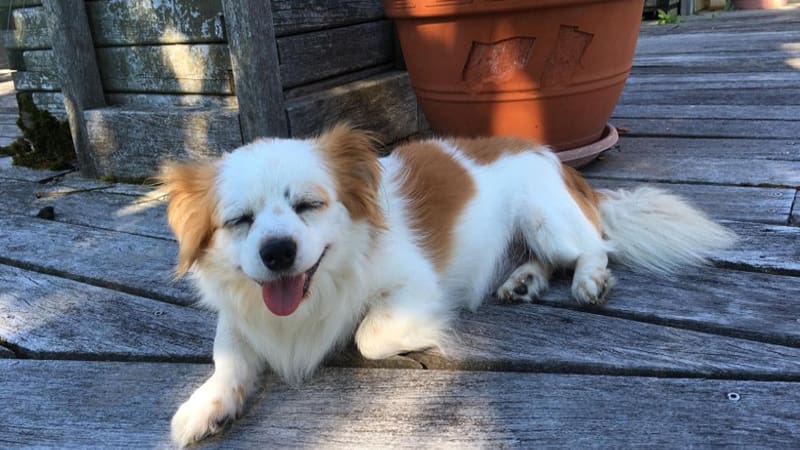
Responsible rehoming of rescued dogs
ROLDA has representatives in Sweden, Switzerland, and the UK where our dogs are rehomed as long as the adopter complies with our rules and regulations implemented to protect our dogs’ health and safety.
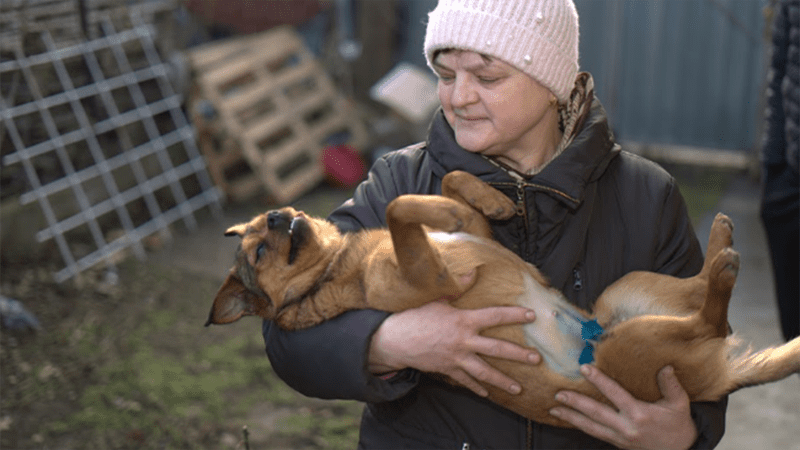
Romania strays
In the late 90s, spaying, and neutering were not standard practices in Galati. Its local pound, where dogs were electrocuted and skinned alive during the communist regime, was still operational.
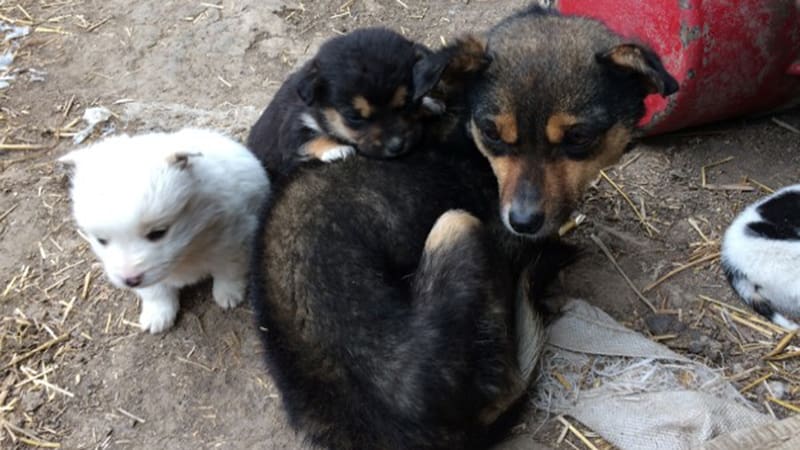
Romania pets
ROLDA helps impoverished pet owners by providing food and medicine for their pets. We also help pay for their pet’s vaccinations, sterilization, identification, and surgeries.
 non-US support +44 (0)161 531 8801
non-US support +44 (0)161 531 8801



